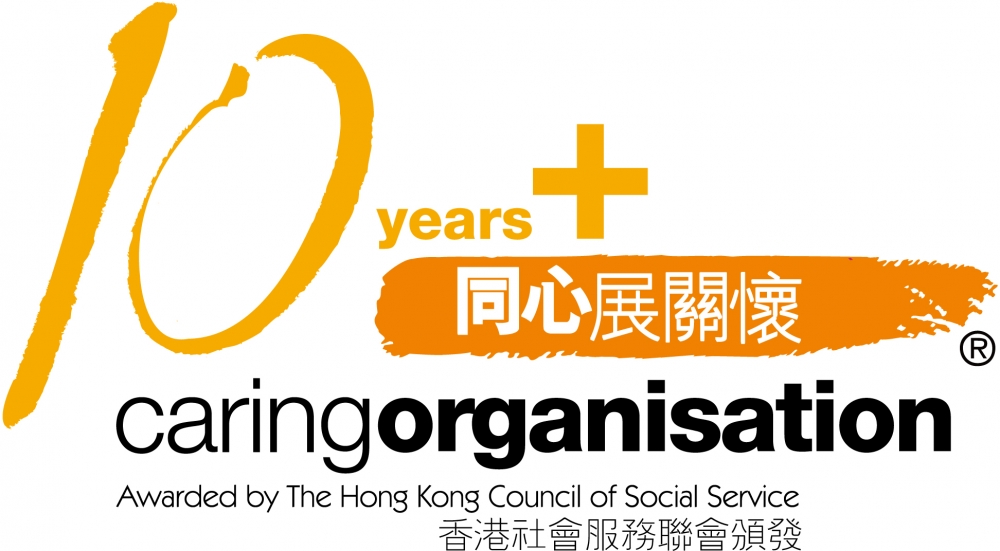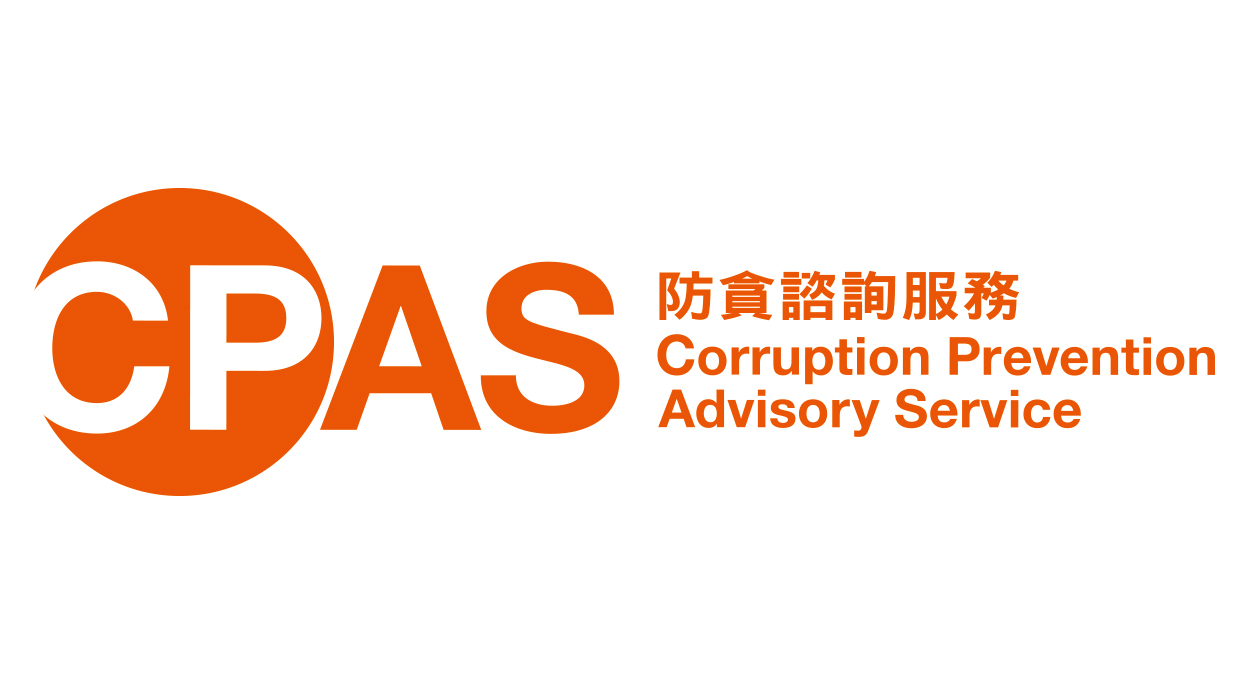About CIC
Corporate Profile
Corporate Governance
Leadership
Organisation Structure
Procurement
Join Our Team
Media Centre
News and Updates
Publications
Contact Us
Chairman's Blog
Safety Walk with Thomas
CIC - See What I See
Executive Director's Message
Former Chairman's Blog
CIC Members
Boards and Committees
Application for inclusion in the CIC Vendor List
Tender details
Registration Services
Construction Workers Registration
Construction Workers Registration System (CWRS)
Register of Construction Workers
Registered Specialist Trade Contractors Scheme
Technically Competent Persons Registration Scheme
Workers Information
Construction Workers Festival
Forms
Frequently Asked Questions
About the Scheme
Continuous Competence Development
Application for Registration
Technically Competent Persons List
About Construction Workers Registration Ordinance
About Application for Construction Workers Registration
About Submission of Daily Attendance Records
About “Designated Workers for Designated Skills” Provision
About Registered Specialist Trade Contractors Scheme
About Technically Competent Persons Registration Scheme
Research & Data
CIC Research Fund Application
CIC Funded Projects
Construction Expenditure Forecast
Training Output
Trade Test Achievement
Statistics of Registered Construction Workers
Information on Short-term Labour Supply
Prosecution Statistics
Key Performance Indicators (KPI) Dashboards
Trade Test for Construction Craftsmen
Trade Test for Electrical and Mechanical Workers
Intermediate Trade Test for Semi-skilled Construction Craftsmen
Intermediate Trade Test for Semi-skilled Electrical and Mechanical Workers
Certification on Workers on Gondola and Builder's Lift Operation
Certification on Construction Crane Operation
Certification on Loadshifting Machine Operation
Trade Tests
Introduction
Civil & Building Construction Trades
Construction-related E&M Trades
Trade Test for Grade A Electrical Work
Machineries and Crane Operation
Other Skills Assessment
Trade Test Application for Repair, Maintenance, Alteration and Addition (RMAA) Works
Download Area
Frequently Asked Questions
Industry Development
Construction Business Development and Mainland Liaison
Construction Digitalisation
Construction Innovation & Technology Application Centre (CITAC)
The Construction Innovation and Technology Fund (CITF)
Construction Productivity
Construction Safety
Environment & Sustainability
Modular Integrated Construction (MiC)
Repair, Maintenance, Alteration and Addition
iHub
Industry Development Webinars
Safety Corner









